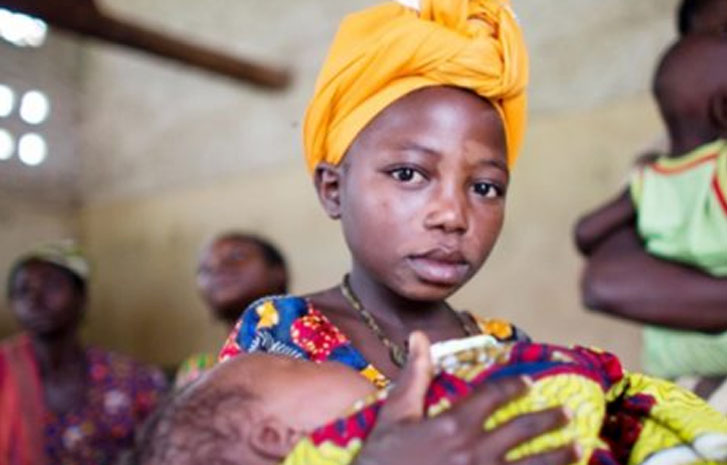Voting Rights For Underaged Married Girls: Is Nigeria Really Ready To Tackle Child Marriage?
Myriads of problems have characterized the election process in Nigeria. There have always been controversies around voters’ intimidation and harassment, ballot box snatching and falsification of election results, underage voting, weak political institutions, and vote-buying. The Electoral Act Amendment Bill has been an avenue to address these underlying issues in Nigeria’s electoral system.

The National Assembly joint committee on the Independent National Electoral Commission (INEC) recently recommended that married underage girls be recognized as eligible voters. The committee proposed that if a lady who is not up to 18 years is married, she should be mature enough and eligible to vote. The joint panel recommended, a technical committee that will work on the federal lawmakers’ new electoral act. Kabiru Gaya, chairman of the Senate Committee on INEC, said the recommendation is a unanimous decision by the joint panel.
The committee’s recommendation cast a lot of doubt about political leaders’ efforts in tackling child marriage and underage voting. Underage voting has been one of Nigeria’s electoral challenges, and overall strategy used in rural areas with less social media attention to inflate election results. The 2019 presidential election raised an uproar on social media about underage voting due to minors’ videos with permanent voters’ cards, accredited and casting their ballots without any inhibitions.
Child marriage a common phenomenon among the Hausa/Fulani in the Northern part of Nigeria. Percentages of women aged 20-49 who entered marital union before 18 in North Central, North East, and North West were 39%, 57%, and 68%, respectively, this compared to the low percentage in the southern part of Nigeria with 14% in the East, 22% in the South, and 15% in the West; this also raises the question of stakeholders involved recommending such policy. The chairman of the Senate Committee on INEC and President Buhari both hail from Katsina state in the North West of Nigeria, which records the highest rate in Nigeria’s six geopolitical zones.

On various occasions, Nigeria signed international and regional instruments that regulate children’s rights, making it an illegal practice. In 2016, Nigeria launched the African Union Campaign to End Child Marriage in Africa, approved the Convention on the Rights of the Child in 1991, which sets a minimum age of marriage of 18. Also, in 2016, the Ministry of Women Affairs and Social Development launched a National Strategy to End Child Marriage with the vision to reduce child marriage by 40% by 2020 and end the practice entirely by 2030.
But the cultural practice heavily influenced by religion and gender inequality remains a developmental challenge and is now becoming a political tool that stakeholders can use for election malpractices.


